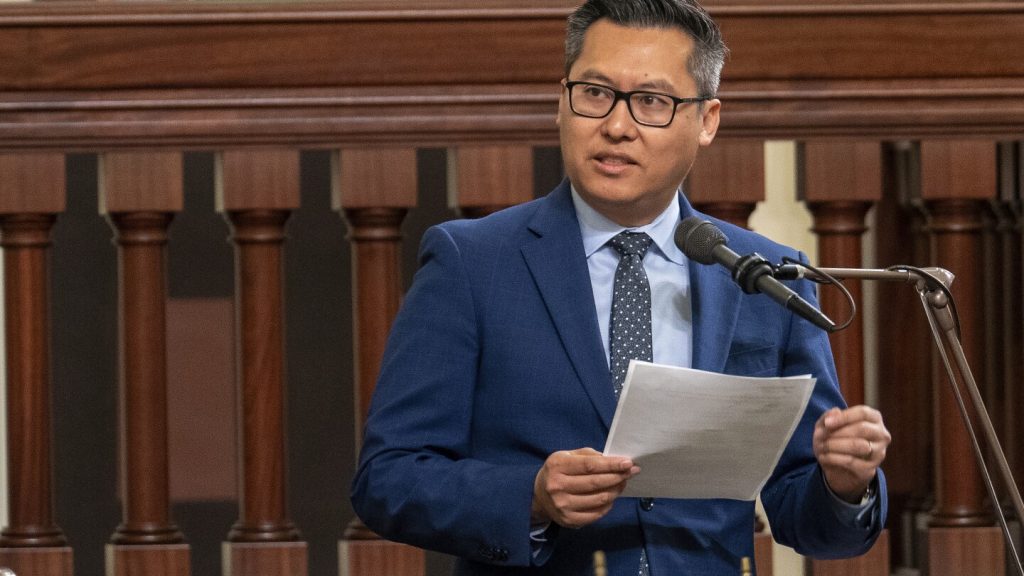California lawmakers failed to pass a bill that sought to ban the use of confidentiality agreements during legislative negotiations. The proposal by Republican Assemblymember Vince Fong did not receive enough votes to pass out of the Assembly Elections Committee. The inspiration for this bill stemmed from negotiations over a law mandating a $20 minimum wage for fast-food workers, which included exceptions for certain restaurants. There were reports that an exception benefiting a campaign donor of Gov. Gavin Newsom was included in the legislation, although Newsom and the donor denied the allegations.
Last summer, labor unions and industry groups representing California restaurants engaged in private discussions regarding the bill before reaching an agreement. The parties signed a nondisclosure agreement, which drew criticism from Fong. He introduced a bill that aimed to void any nondisclosure agreements related to the drafting, negotiation, discussion, or creation of legislation. The bill would have also prohibited public officials from signing such agreements or requesting third parties to sign them. Fong argued that while nondisclosure agreements have their place in protecting businesses’ proprietary information, they should not be used in crafting laws that impact constituents’ lives.
Democratic Assemblymember Gail Pellerin, who chaired the committee, voted against the bill, noting that there was no evidence of public officials signing confidentiality agreements related to legislative negotiations. She emphasized that the issue at hand primarily involved conversations between private parties rather than legislative negotiations involving public officials. Pellerin mentioned that the complexity of the issue required more time for lawmakers to fully consider it. Fong introduced the bill just a week before the committee hearing, which was held in a rush to meet a legislative deadline the following day.
Fong, a vocal critic of the fast pace at which Democrats often approve legislation, expressed his disappointment with the committee’s decision. He highlighted the importance of preserving the lawmaking process within the institution and suggested that the bill should have been allowed to move forward in order to uphold the expectations of the people. Fong pointed out that Democrats in the state Assembly had recently amended a bill to allow Arizona doctors to come to California and provide abortions for their patients, showcasing the inconsistency in the legislative process.
Overall, the failed bill to ban the use of confidentiality agreements during legislative negotiations in California sheds light on the complexities and challenges surrounding the drafting and negotiation of laws. The debate between lawmakers regarding the use of nondisclosure agreements in such contexts reflects larger concerns about transparency, accountability, and public trust in the government. As discussions continue on this issue, it remains to be seen whether future legislation will address the potential conflicts that arise from the use of confidentiality agreements in the legislative process.


